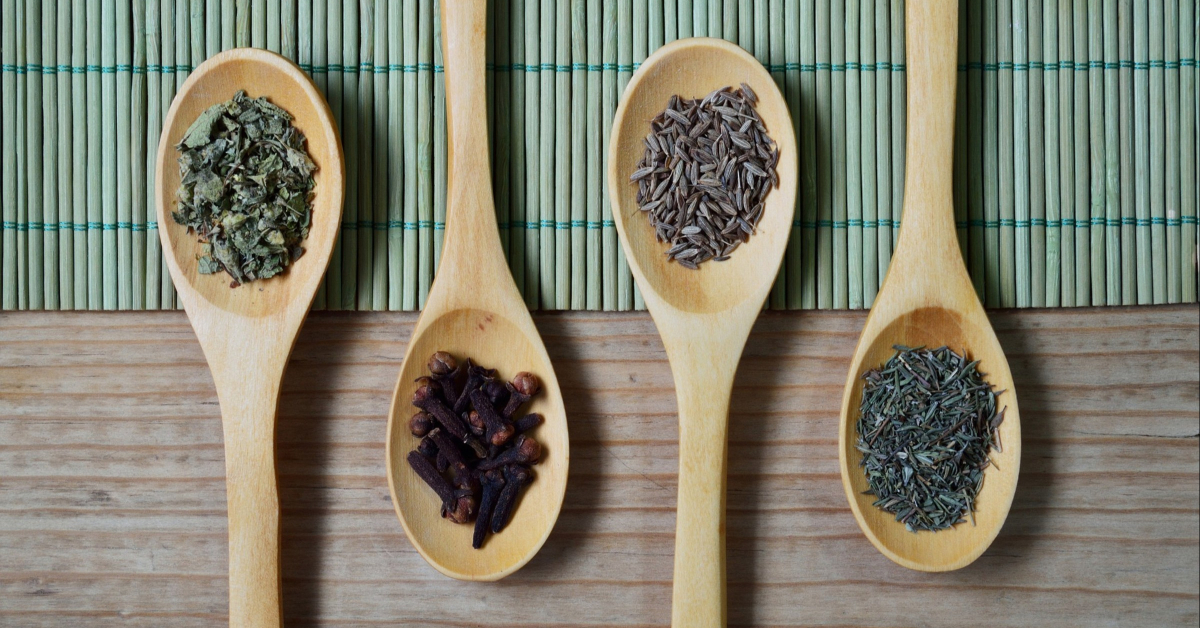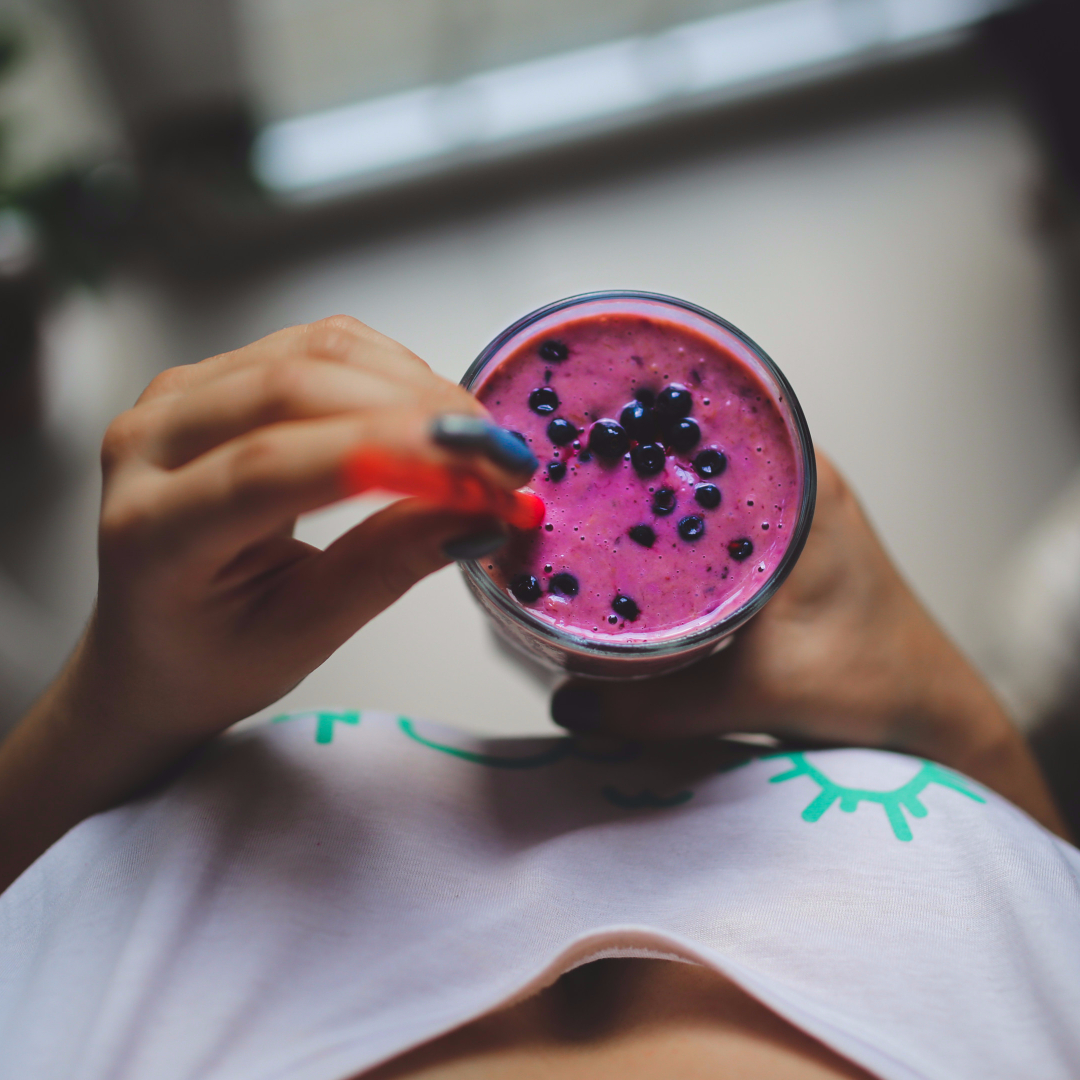 About four years ago, I cut the cord with cable. So liberating! Subscription services now allow me to stream at lightning speed. Wait an entire week for a new episode? Pffff! And Netflix has also enabled my new streaming guilty pleasure – documentaries!
About four years ago, I cut the cord with cable. So liberating! Subscription services now allow me to stream at lightning speed. Wait an entire week for a new episode? Pffff! And Netflix has also enabled my new streaming guilty pleasure – documentaries!
Before I joined Netflix, I’d seen a few documentaries. But only when the film got a lot of buzz. You know, like March Of The Penguins. But I love that now I have access to all those smaller documentaries I used to miss.
So today, I thought I’d go over some of my favorite health and wellness documentaries on Netflix. Because, reading health and wellness books seems like a good idea. But getting this information through documentaries is so much more entertaining!
Food, Inc.
This documentary was nominated for an Oscar back in 2008. And it’s amazingly eye opening. It looks into how food is really produced. And what that means for your health.
You might know that processed foods are unhealthy. And that eating too much sugar isn’t a great idea. But the film gets into a topic that’s rarely talked about. It asks whether you really understand how agriculture practices are affecting your health, safety, and even the types of food you eat.
This film informs how your battles with health might be reflective of the way your food is produced. And you’ll have a new understanding of why diseases like diabetes are on the rise. This can be sobering to watch at times. But also empowering in what to hope for the future.
The Truth About Alcohol
OK, I know this documentary sounds like it’s going to be a buzz kill. But it’s kind of fun – like Mythbusters for those alcohol related questions. It examines stuff like – Why do some people get drunk faster than others? And what really works for hangover?
These are alcohol related human experiments. Kind of a bit tongue in cheek, but fun. And they’ll help you see if those myths you’ve been holding onto about alcohol and drinking habits really hold up.
At the same time, it gets serious about recent research on alcohol. And examines the recommended safe levels alcohol. And how realistic that is for those who enjoy drinking.
It’s only an hour. And it was made for the BBC so everyone has delightfully fun British accents. So what do you have to lose?
Take Your Pills
I remember drinking ultra-caffeinated drinks like Jolt and Red Bull to pump myself up when in school. There’s an awful lot of pressure on kids to do it all. But kids today have more than caffeine to keep them going.
Adderall is a prescription drug that’s a form of amphetamine. And many kids are prescribed Adderall for Attention Deficit Disorder. But what you might not realize is that Adderall is an often abused performance enhancer that’s on the rise with students.
Kids abusing Adderall are often otherwise normal seeming kids. But they feel pressure to “do it all.” It helps them feel like they can live up to the demands of perfection. And it’s easily accessible since all you need is a prescription.
Take Your Pills go into the stories of those who use Adderall to enhance their performance. It looks into why kids are feeling this need to keep up. And it asks the question of whether this is really OK.
Forks Over Knives
Let’s say you reduce refined, processed, and animal based foods. Maybe you could prevent or reverse some horrible diseases like diabetes, cancer and heart disease. But likely, your doctor will just hand you medicine for these health concerns. So why don’t they talk about diet?
This is the question that Forks Over Knives examines. It looks at whether a whole foods, plant based diet can be treatment for ill health. And it looks into whether we should be using nutrition instead of medication as our first defense over many common degenerative diseases.
Conventional theory is that faulty genes cause disease. But nutrition can help determine whether faulty genes get turned on or off. And that concept will leave you empowered to create your own good health.
 Tony Robbins – I’m Not Your Guru
Tony Robbins – I’m Not Your Guru
Your mental health is a part of your health equation. But a part that you probably easily overlook. And that’s where this documentary comes in.
Tony Robbins – you either love him or hate him. I think part of what Tony Robbins does is little theatrical. But he really does get people motivated and inspired in his live events. And if you can’t afford the ticket price to be there in person, this gives you the next best thing.
You watch as Tony tells his story of how he got where he is today. And you see how people stop standing in their own way to happiness. And it makes you feel like you could maybe become your best version of yourself too.
Supersize Me
Here’s a classic that’s worth another watch. This documentary is the brainchild of Morgan Spurlock and it got people talking about fast food back in 2004. And it enlightened us on the real price we pay when we eat too much fast food.
This film follows Spurlock for a 30 day journey where he only eats at McDonalds. And the catch is that every time the cashier asks if he’d like to supersize his meal, he must say yes. It all seems like a game at first.
But what does 30 days of eating only fast food do to his body? How does it affect his blood pressure? His weight? What does it do to his energy levels?
One would anticipate that Spurlock would maybe gain some weight during the trial. But In the end, 30 days of McDonalds has both physical and psychological consequences. Some that are shocking for a young guy who was previously in good health.
So give it a watch if you missed it back in 2004. Or see it again and share it with your children. It’s a good reminder of the impact of fast food.
The Magic Pill
If you’ve ever wanted to learn more about the ketogenic diet, here’s your chance. This documentary explains how a fat based diet has been the norm through much of history. And how fat may help you overcome Western diet health issues.
I have to admit, I’m not a huge fan of ketogenic diets. People often use this diet as an excuse to eat tons of unhealthy cheese and bacon. That’s not good for you no matter what kind of diet. But I like how the documentary puts focus only on the healthy fats.
You get to watch people struggling with a variety of health issues. And you root for them as they change their diets from processed foods to whole foods. And you watch as they learn to prepare good quality meats and fats.
The most interesting part of this documentary involves autistic children. These children had amazing transformations with a ketogenic diet. It’s amazing how different diets can help where medicine sometimes falls short.
So those are 7 amazing Netflix health and wellness documentaries. Do you have a favorite Netflix documentary? Let me know!


Great list! I have seen a couple and enjoyed them – I’ll definitely check out the Take Your Pills and The Magic Pill docs. My mom has been using the keto diet for awhile to manage her obesity, and I’m super skeptical, so that one goes at the top of my list!
I’ve been looking for a new documentary to check out between my shows. I always love to learn new things.
I’ve seen a few of these. What’s sad is that most people – including myself – know what we need to do when it comes to eating, we just don’t do it. I think part of the reason that doctors are so quick to prescribe medications instead of suggesting diet changes is that they know that their patients won’t follow the diet – but taking a pill is easy!
In a journey of losing weight, these seem quite interesting to watch! The more the knowledge the better you learn how to curb your diet
Netflix has so many great documentaries! I haven’t seen any of these, but I’ll add them to my list for sure.
I loved food inc! It was so I interesting! It put me off milk for life
I showed Food, inc. to my creative writing class for the essay unit when I was still teaching high school. All of these documentaries sound great
And yet another of your posts that I tag in my bookmarks! I don’t have Netflix, but will search Amazon in case these make it to Prime. I’ve heard of some of these, but not all.
Growing up, I always thought that if a food item was on the shelf, it must be safe — healthy — to eat. Wow, what a shock to find out otherwise and to learn what’s really in my food!
Two notes for you: last week I bought a cauliflower pizza crust at Trader Joe’s–that was a fun base for a pizza. And today while there, I bought organic applies–and thought of you!
I thought the same thing growing up. Because if your parents don’t know, how are they going to teach you anyway? I love that you think of me when buying organic apples!